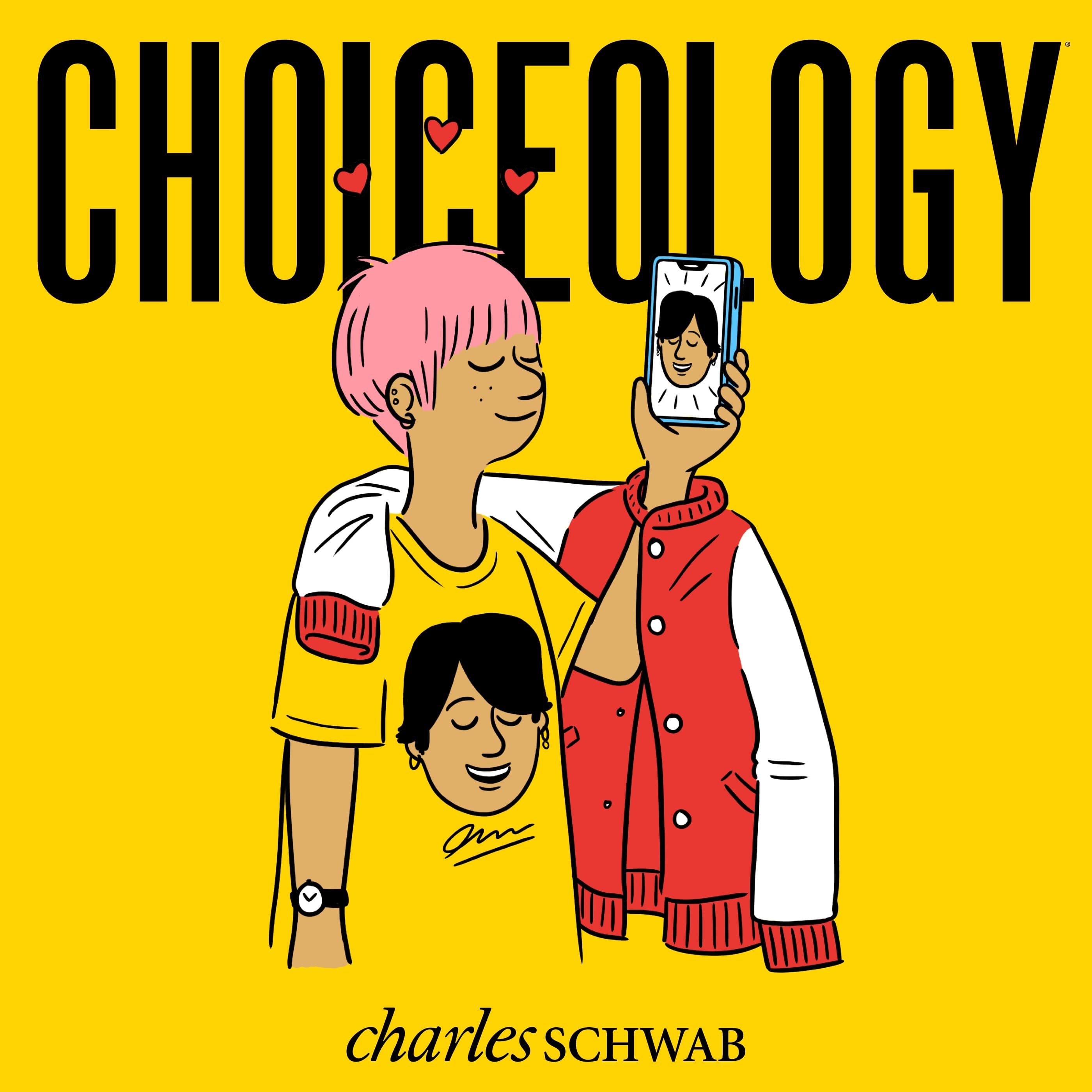Fan Fictions: With Guests Hannah Sung, Crystal Tai & Anuj Shah
Finding a new favorite celebrity feels a little bit like falling in love. Perhaps you find their smile endearing, or you relate to their sense of humor. Maybe you see things in your everyday routine that remind you of them. You feel like you know them so well. But whether it’s a star athlete or a Hollywood type, the reality is they likely have no idea who you are.
In this episode of Choiceology with Katy Milkman, we explore how we can develop deep connections with complete strangers—and how that in turn makes us feel more known.
BTS is the biggest boy band in the world, but their popularity is not only thanks to their musical talents and highly choreographed performances. BTS has, like many other K-pop groups in South Korea, perfected the art of cultivating relationships with their fans. But when idols fail to meet fan expectations, there can be drastic consequences.
Hannah Sung explains what drew her to BTS and sheds light on the power of their fandom, known as ARMY.
Hannah Sung is a journalist and co-founder of the Media Girlfriends podcast company.
Crystal Tai tells the story of another K-pop idol, Lee Sungmin, who went from being one of Super Junior’s most popular members to being boycotted for the last decade, due to what is known in the industry as a "dating scandal."
Crystal Tai is a senior managing editor at Jing Daily and author of the book Honjok.
Next, Katy speaks with Anuj Shah about research that shows even small tidbits of information about a stranger can cause people to mistakenly think that stranger knows them, and how a neighborhood policing initiative tested this hypothesis with surprising results.
You can read more in a paper he co-authored called "Knowledge About Others Reduces One’s Own Sense of Anonymity."
Anuj Shah is an associate professor of behavioral science at the University of Chicago Booth School of Business.
Choiceology is an original podcast from Charles Schwab.
If you enjoy the show, please leave a rating or review on Apple Podcasts.
Learn more about behavioral finance.
Explore more topics
All expressions of opinion are subject to change without notice in reaction to shifting market conditions.
The comments, views, and opinions expressed in the presentation are those of the speakers and do not necessarily represent the views of Charles Schwab.
Data contained herein from third-party providers is obtained from what are considered reliable sources. However, its accuracy, completeness or reliability cannot be guaranteed.
All corporate names are for illustrative purposes only and are not a recommendation, offer to sell, or a solicitation of an offer to buy any security.
Investing involves risk, including loss of principal.
The book How to Change: The Science of Getting from Where You Are to Where You Want to Be is not affiliated with, sponsored by, or endorsed by Charles Schwab & Co., Inc. (CS&Co.). Charles Schwab & Co., Inc. (CS&Co.) has not reviewed the book and makes no representations about its content.
Apple Podcasts and the Apple logo are trademarks of Apple Inc., registered in the U.S. and other countries.
Google Podcasts and the Google Podcasts logo are trademarks of Google LLC.
Spotify and the Spotify logo are registered trademarks of Spotify AB.



